The Anxiety-Free Child Program - Help Your Child With Anxiety Today
The Award Winning Anxiety-Free Child Program provides information and resources to help your child overcome their anxiety FAST. As Seen on TV!

December 7, 2020
How to Use Mindfulness to Reduce...
Known for reducing stress and enhancing mood, mindfulness is not just for anxious children. The entire family can benefit with these five mindfulness activities.
October 13, 2020
How and Why to Savor Small Moments...
How often do you notice the small moments that unfold between you and your anxious child? Keeping tabs on them can enhance your relationship and your life.
August 5, 2020
What to Do for School Anxiety during...
School anxiety may be more intense than ever during COVID-19. Here are some useful tips for both anxious children and adults to make a smooth transition.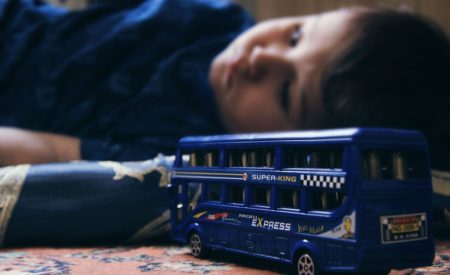
June 3, 2020
How Social Isolation Can Increase...
Social isolation from lockdown situations can have a lasting impact on your anxious child, increasing the risk of depression. Get the details from a new study and what you can do to help.
March 31, 2020
How to Help Your Anxious Child Stay...
Anxious children may be extremely sensitive to impact the coronavirus is having on the world. Here's how to help them stay calm and balanced.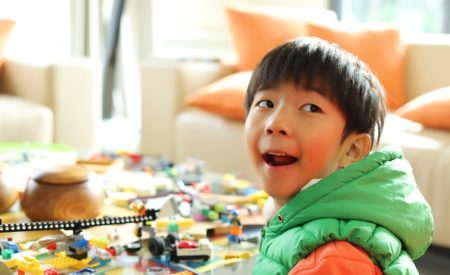
January 30, 2020
How to Nurture Your Anxious Child’s...
When your anxious child has a passion, it's important to nurture it in a way that doesn't drain out the excitement or cause more anxiety and stress. Tips from this article tell you how.
December 17, 2019
Why You Don’t Want to Give in to an...
There's a big difference between anxious behavior and "bad" behavior. Knowing the difference can help you set and keep boundaries with your anxious child.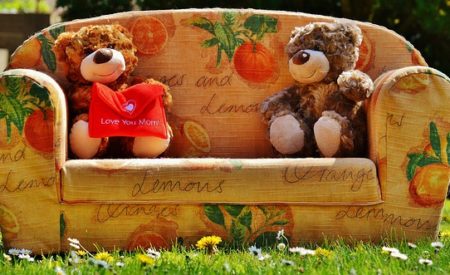
October 1, 2019
How and Why to Teach Anxious Children...
Gratitude may be something we practice on Thanksgiving, but it's even better when it's a daily part of you and your anxious child's lives. Here's why.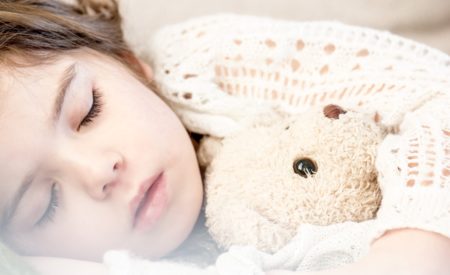
July 31, 2019
How to Help Your Anxious Child Get to...
Sleepless nights can all too often be a reality for anxious children. Check out these tips that can help your anxious child get to sleep, and stay asleep, all night long.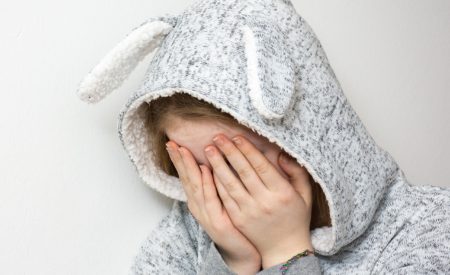
May 31, 2019
Anxious Children and Bullying: How...
When it comes to bullying and anxious children, girls are at a greater risk than boys on several levels. They're not only bullied more frequently than boys, but they are more negatively impacted. Read on for more.Join Us Online
-
Separation Anxiety and Panic Disorder: What’s the Connection?
November 5, 2012 -
Therapy for Anxious Kids…At School?
November 22, 2013 -
The Parents Guide to Teaching Mindfulness to Children with Anxiety
January 14, 2013 -
How Does Separation Anxiety Affect Children?
August 5, 2012
-
How to Use Mindfulness to Reduce Anxiety for the Entire Family
December 7, 2020 -
How and Why to Savor Small Moments with Your Anxious Child
October 13, 2020 -
What to Do for School Anxiety during COVID-19
August 5, 2020 -
How Social Isolation Can Increase Anxiety, Depression in Children
June 3, 2020
Important Disclaimer
All material provided on this website is provided for informational or education purposes only. No content is intended to be a substitute for professional medical advice, diagnosis, or treatment. Consult your physician regarding the applicability of any opinions or recommendations with respect to your symptoms or medical condition. The author is not a therapist, psychologist, physician, or other mental health or medical professional. Customer names or locations may have been changed to preserve anonymity. Your individual results may vary and are influenced by many factors.
FAQ’S & CUSTOMER SERVICE
Our friendly customer service representatives are available Monday – Friday from 8AM to 3PM EST to answer any questions you have from our online help desk. Customer service inquires will be answered within 24 business hours. For the fastest answer to your question, please click here to view our FAQ’s. In the unlikely even that your question is not answered by our FAQ, you may submit a customer service request by clicking here.
Please contact customer service for returns processing.
Evolution 2 Media, Inc.
538 W 21st St #27517 Houston, Texas 77008-3642
1-800-256-9148















